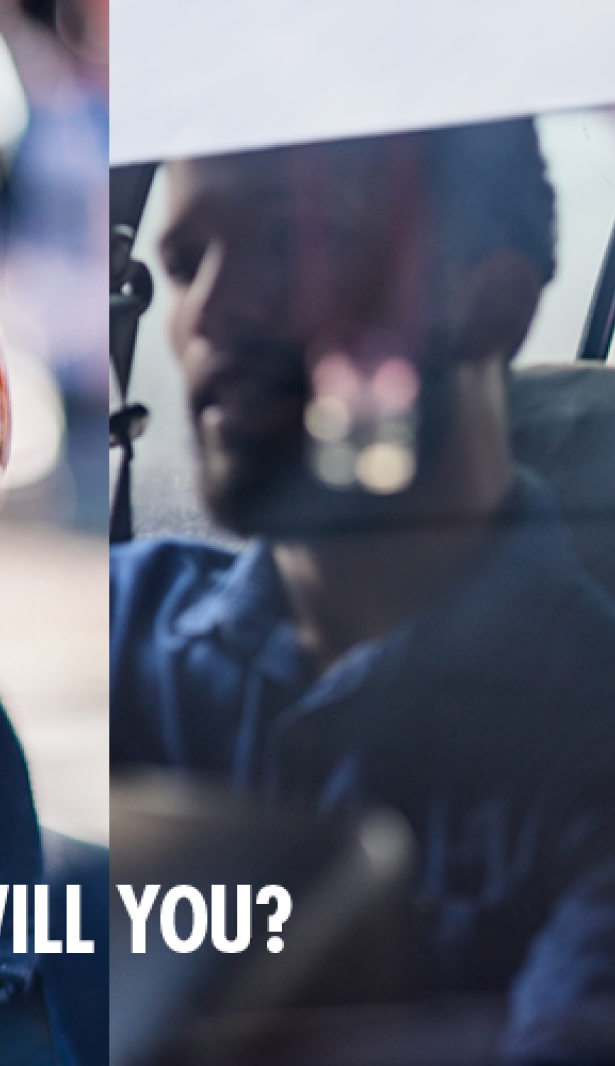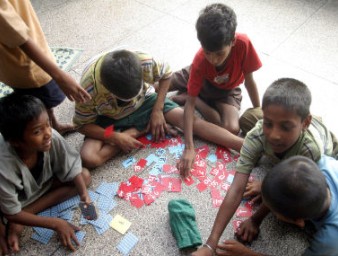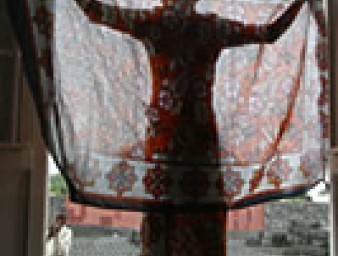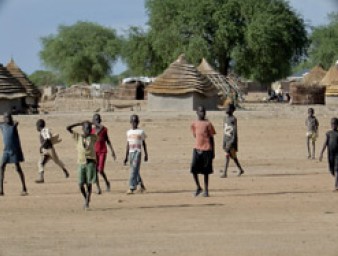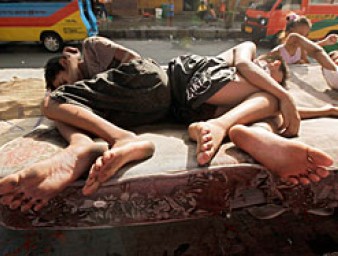“For every child now and in future generations” - Michelle Bachelet
22 November 2019
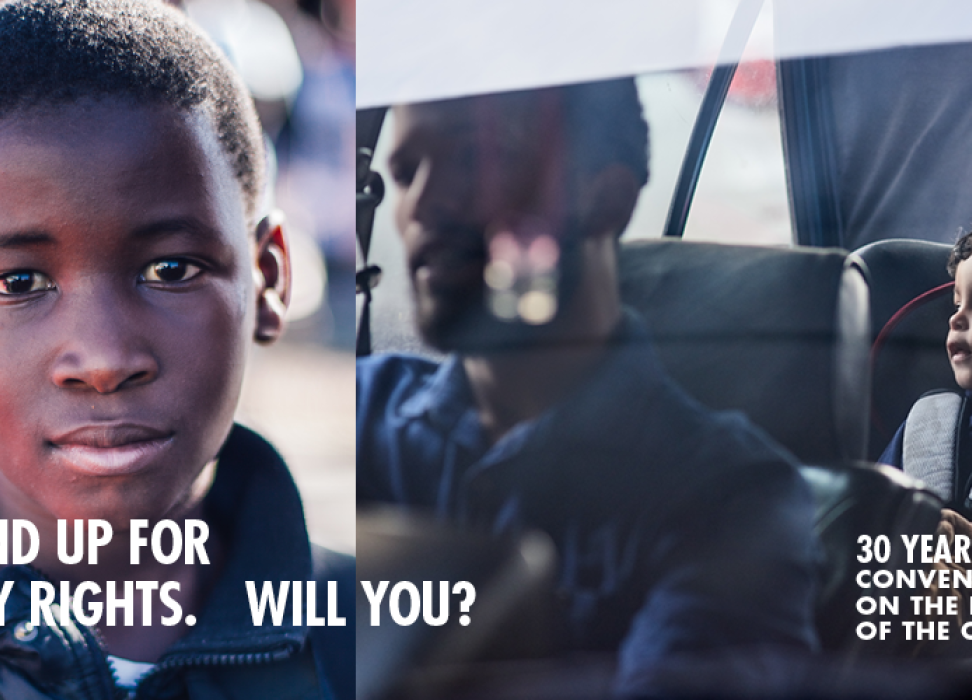
“All children have something to say, but not all have the opportunity to say it. If that were the case, we would really have a better world, for the children and with the children,” said Joséphine, a 17-year-old human rights defender from Senegal.
Joséphine was among the dozens of children human rights defenders from all over the world who converged on Geneva to celebrate the 30th anniversary of the Convention on the Rights of the Child, the very date it was adopted by the UN General Assembly three decades ago.
The Convention was the first binding treaty to recognise children as their own beings entitled to non-negotiable rights. That seminal agreement has since become the most widely accepted human rights treaty in the world with near universal ratification.
What children want
Among a plethora of issues raised – such as the impact of terrorism, biotechnology and climate change on the realization of child rights – child participation was a central theme of the three-day conference as children and young people played an active role throughout, stressing their desire to remain active participants in all the processes of decision-making that concern them.
They also pointed out the pressing need for better data on children’s rights to examine progress made in their realization, and demanded to be included in the steps undertaken to collect such data. They further asked for child-friendly justice systems that would enable them to claim their rights and seek redress when violated.
Some of the aspects of the use of new information technologies were also a concern for children. The World Wide Web is the same age as the Convention and has transformed the lives of millions around the world, including users under the age of 18 who represent one third of the people online. Children defenders urgently called for protection from the multiple harms they can fall prey to online.
In a call to all States to implement the child rights Convention, UN Human Rights Chief, Michelle Bachelet, stressed that children everywhere were the most vulnerable population group, adding that transformative change was needed to ensure a better future for the world.
“Girls; children with disabilities; and those already marginalised because of their migration status, caste or ethnic, religious or national origin are especially likely to suffer structural discrimination,” she said.
“In every region, children who are caught in conflict situations – or forced to flee their homes – are exposed to being sold or trafficked, often for sexual exploitation or child labour.”
Pledges
The 30th anniversary of the Convention created a momentum for the international community to step up its efforts to make children thrive, and to renew their commitment to protect and promote all human rights. Following a call by the Committee on the Rights of the Child - the UN body in charge of monitoring States’ compliance with the provisions of the Convention - some 50 States reaffirmed their pledge to uphold the provisions of the Convention on the Rights of the Child.
“As High Commissioner for Human Rights, I, too, make a pledge: to strive to protect and promote the indivisible and inalienable rights of every child, in every circumstance and every States,” Bachelet said.
From the conference in Geneva, she passed the relay baton to the General Assembly celebration at the UN headquarters in New York. Through a video link bridging both sides of the Atlantic, Bachelet recalled that children’s rights were a priority for the work all UN organizations around the globe.
“Achieving a more peaceful, more equal, more inclusive and more empowering world is the point of everything we do,” Bachelet added.
22 November 2019
